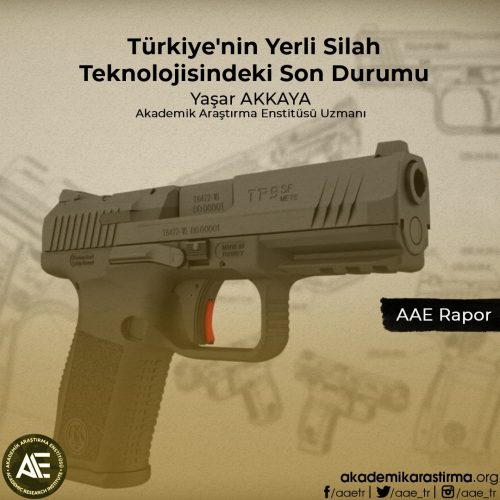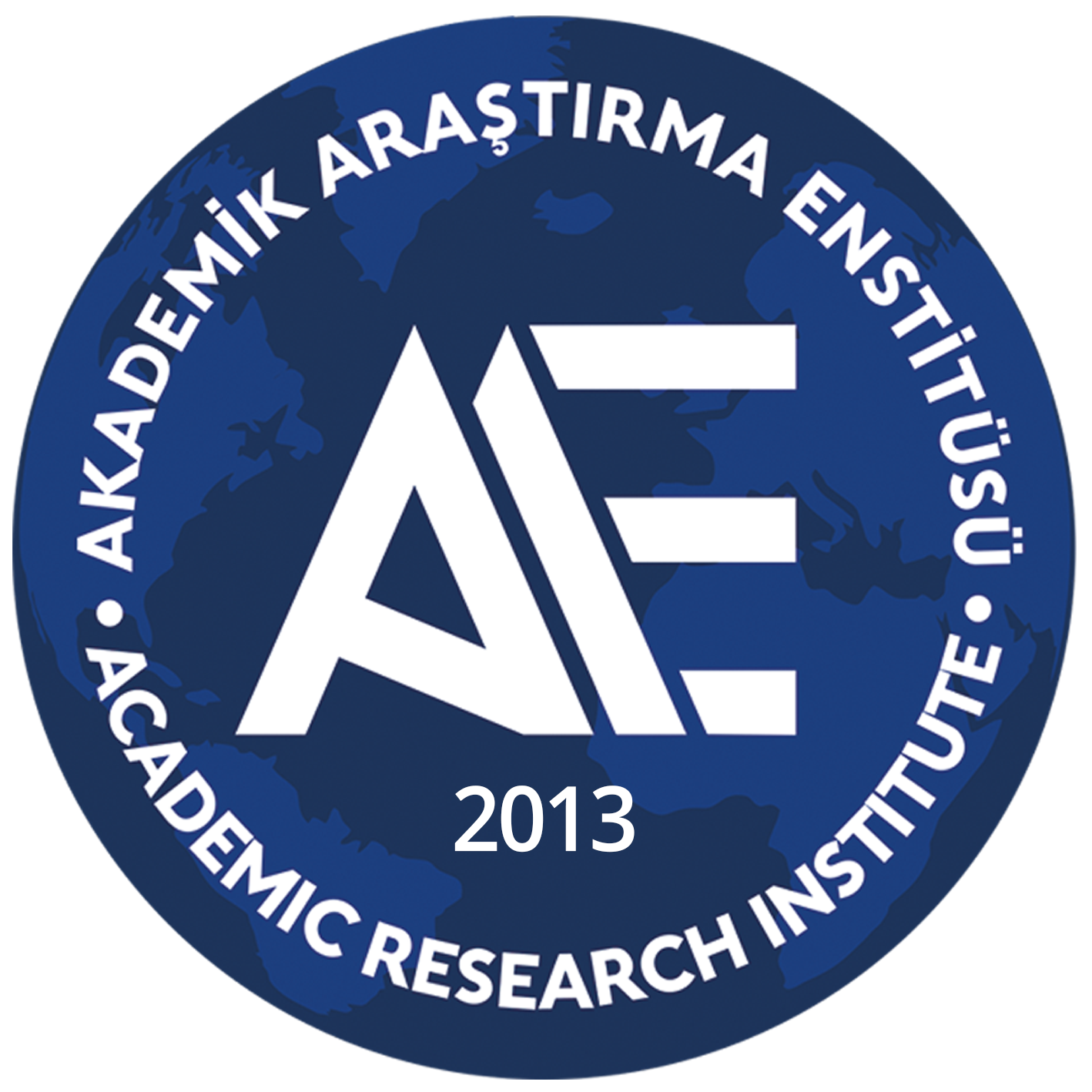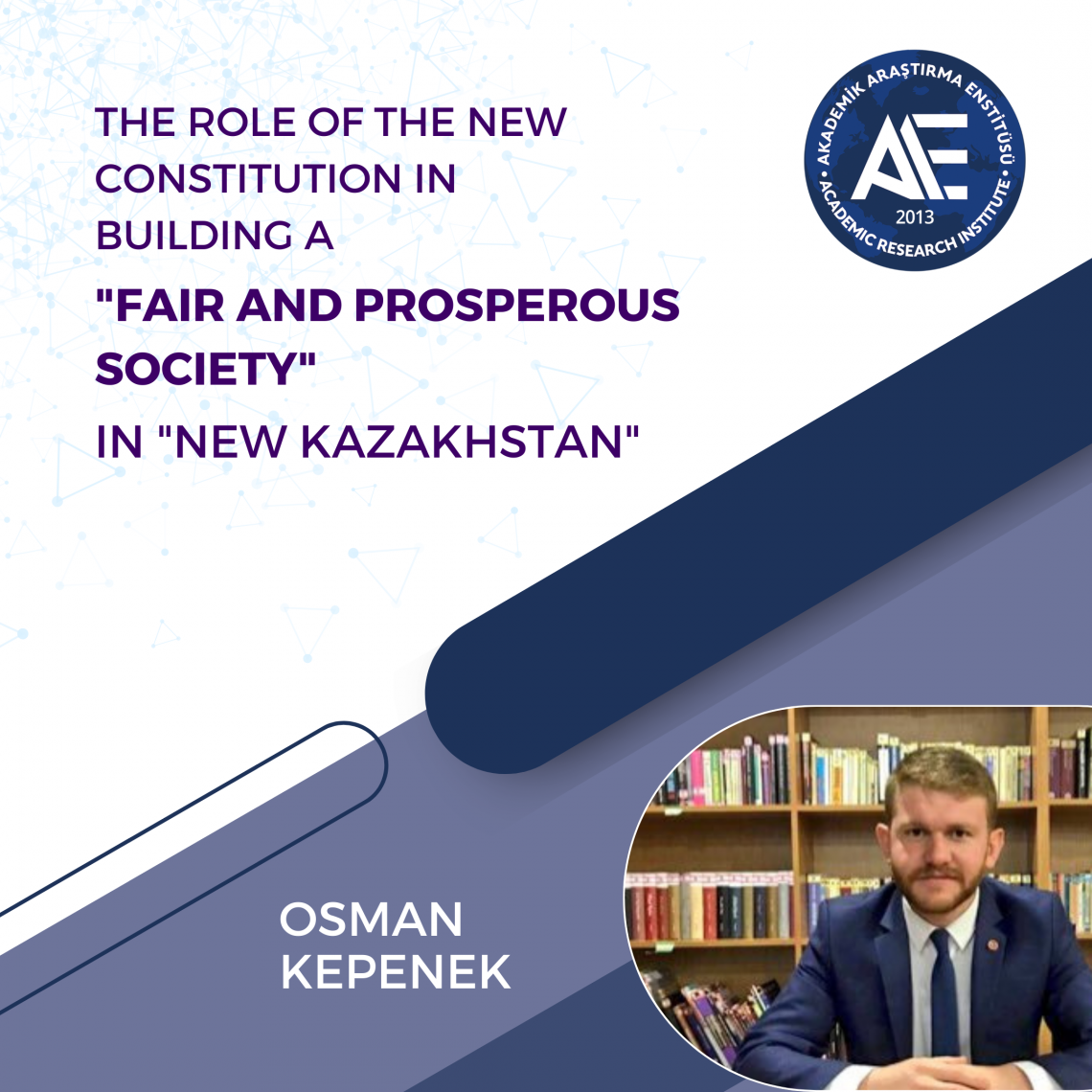
The Role of the New Constıtutıon ın Buıldıng a “Faır and Prosperous Socıety” ın “New Kazakhstan”
The Central Asian states, which entered the world political scene by declaring their independence in the post-Soviet period, have left behind the thirtieth year of their independence. When the political adventures of the mentioned states are evaluated, it is clearly seen that each of them has been in an effort to change and transform in proportion to their internal dynamics and potentials. The steps taken within this framework and the political attitudes adopted have caused the countries to develop at different levels. In this process, especially, the development and growth rate of countries that have adopted various doctrines and principles and put it on a legal basis has been higher compared to others. In particular, the principles set out within the framework of the Constitution have been the most important tool in providing public confidence while showing how the administration will pursue a policy.
In this context, Kazakhstan, one of the largest and most developed states of Central Asia, has never lost its political stability since its independence and is increasing its democratic gains every day. As in other Central Asian states, almost none of the political and social problems in neighboring countries have emerged in Kazakhstan, which was ruled by the Founding President Nursultan Nazarbayev for many years. Besides, Kazakhstan solved the border problems in the first years of its independence, arranged the distortion in its demographic structure in favor of the Kazakh people, and clarified the bilateral relations it will establish with the powerful states in the world, and determined a multi-dimensional foreign policy understanding rather than being unipolar. One of the most important forces behind Nazarbayev, who protected his country against external interventions and manipulations, was Kasım-Cömert Tokayev, who is currently in the Presidency. Knowing both the Kazakh society and the world, Tokayev used his knowledge and experience in a stable management process by taking senior positions at various levels of the state and international organizations. Since 2019, when he assumed the presidency, Tokeyev continued to take the necessary steps for social transformation, inspired by the philosophy of “Great Steppe”, for democratization, liberalization and sustainable development, with the steps he took in the political, economic and social framework.
Kazakhstan, which draws a more stable profile in terms of political stability and social peace than other regional states, faced significant attacks in the Tragic January Events of 2022. The demands of the people about the expensiveness, corruption and merit in the country and their democratic right to protest have been tried to be abused by a group of coup plotters and terrorists. However, aside from the events that have taken place, Tokayev, who is aware of the need for sustainable reform for sustainable development, has initiated a truly comprehensive political transformation process in the country. As a result of the emergence of social anger against Nazarbayev, the founding President of the country and the architect of the reforms carried out so far, Nazarbayev has announced that he has waived all his duties by showing political maturity. After Nazarbayev, President Tokayev also ensured the lowering of tension by sharing the details of the political reforms to be carried out in the country and the constitutional amendment, which is the guarantor of these reforms, to the public.
As in every country, the process of political and social transformation in Kazakhstan has finally been crowned with a Constitutional amendment. The implementation of this change has been realized even faster due to the events of January 2022. President Tokayev, in his Address to the Nation speech titled “New Kazakhstan: The Way of Renewal and Modernization” on March 16, 2022, right after the events were brought under control, defined those who turned the Tragic January Events into a form of revolt against the state as those who were disturbed by the reforms in the country. Stating that the main purpose of these people is to prevent the modernization efforts in the country, Tokayev said that the reform efforts will be carried out even faster for the next process.
Tokayev, who emphasized more democratization and a strong parliament in this speech, also announced that work has begun to put the new constitution into force as soon as possible. In the following process, various political rights and social arrangements promised to citizens were guaranteed by the constitution. For this reason, the constitutional referendum in the country has an important place in the construction of the identity of the “New Kazakhstan”. With the constitutional amendment, the country’s parliament has taken on a stronger structure, the powers of the Presidential office have been reduced, and the political system has been transformed into a state that the Kazakh people will trust and respect again. One of the most important changes in the new constitution is that the President can only be elected to this post once and cannot be a candidate again. With Tokayev not being a candidate for the Presidency again at the end of his term, Kazakhstan’s democracy will experience a new democratic transformation process that many states in the region have not experienced and will enter into a different election atmosphere. This means that a third generation President can be elected in Kazakhstan with political stability and social peace. When we look at other Turkish republics except Kyrgyzstan, it is not a usual practice for the head of state, who holds power alone, to change through elections. In this respect, Kazakhstan has made possible an understanding of governance in which both democracy and state authority can be maintained at the same time. In addition, it should be noted as a positive development for Kazakhstan’s democracy that Presidential candidate Amirjan Qosanov received 16% of the vote in the 2019 elections, when Tokayev took office for the first time.
Citizens of Kazakhstan went to the polls for the first time in 1995 to ratify their founding constitution. After 27 years, it was necessary to amend certain articles of the constitution for the second time and the proposed amendments were accepted with a “yes” vote of 77%. With this amendment, 33 articles of the current constitution have been amended. This ratio corresponds to 1/3 of the constitution. With the implementation of the constitution, the political system in the country has changed, and the efforts to establish an environment of “a strong parliament, an accountable government and a transparent judiciary” have gained momentum. At this point, some suggestions of Tokayev are remarkable.
Tokayev states that the ties of the President-elect with his party should be severed, and this will further increase the political competition in the country. In addition, it is envisaged that the members of the high court and those working in the Central Election Commission will be dismissed from their party memberships and fulfill their duties in a completely impartial manner. The new Constitution is of great importance in many aspects in the construction of the New Kazakhstan. The new Constitution brought forward the phrases “state that hears the voice of the people” or “state that listens to the people” and continued to apply this model strongly. With this point of view, it has been emphasized that the main aim of both reforms and politicians is the welfare and peace of the people.
Always referring to the importance of social peace in his country, Tokayev defined the head of state as the person who creates equal opportunities among citizens and is the guarantor of these opportunities. The head of state is obliged to distribute the surplus values in the society equally to all members of the society. For this reason, in the new period, the relatives of the President were prohibited by law from serving in high civil service positions in the state. He also declared war on “oligarchic capitalism” for the “just and prosperous” construction of New Kazakhstan. In this context, it has been the pioneer of a more equal and useful distribution of the wealth of the country without ignoring the respect for the right to property.
On the other hand, with the New Constitution, the powers of the parliament were gradually increased, and the authority to dismiss the government was taken from the President and given to the parliament. In this way, it is aimed to institutionalize and make permanent the political stability that has been achieved in Kazakhstan for many years. With the new Constitution, radical changes were made in the electoral system in the country. With these changes, it is aimed to involve the people more actively in politics and to increase their role and effectiveness in the state administration. Tokayev stated that even voting in the eyes of the citizens lost its former importance and therefore gradually became alienated from the state. For this reason, first of all, the election procedures of local councils were strengthened, and the effectiveness of local councils in solving regional problems was increased. On the one hand, the powers of the President have been transferred to the parliament, while on the other hand, the powers of the center have been transferred to local councils. This transfer of authority enabled citizens to reach state administrators faster, which played an important role in solving problems. Mayors appointed by the President in previous periods have also started to be directly elected by the people with the constitutional amendment.
The ability of democracies to function in a healthy way depends on the political competitive environment in the country. Political competition, on the other hand, can only take place thanks to the existence of a large number of different political parties. For this reason, in the “Fair and Prosperous New Kazakhstan”, where a new understanding of politics has been adopted, the areas of movement of the political parties in the country have expanded and the intensive procedures that citizens face when becoming members of any political party have been abolished. Tokayev says that with these changes, the party system in the country developed very quickly. Thanks to these reforms, Kazakhstan has made serious progress in the political and social sense, and the people’s trust in the state has been re-established. It is obvious that the steps taken for the sustainable development and development of Kazakhstan yielded results in a short time. Because Kazakhstan, which is more stable democratically and economically, based on legal foundations and where the rights are guaranteed within the Constitutional framework, has become the center of the wide Eurasian geography beyond Asia. The most concrete indication of this is the improvement in the economy, increasing social welfare, foreign investments in many fields and the important diplomatic contacts that the Astana administration has made recently from Europe to China.

İletişimde Dil, Kimlik ve Kültür Olgusu
Bunları da beğenebilirsiniz
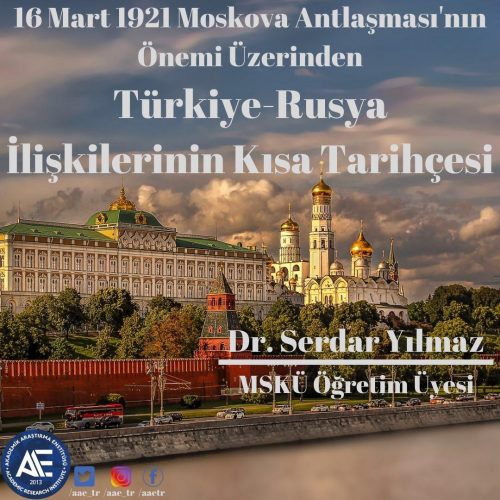
16 Mart 1921 Moskova Antlaşması’nın Önemi Üzerinden Türkiye-Rusya İlişkilerinin Kısa Tarihçesi
24 Mart 2021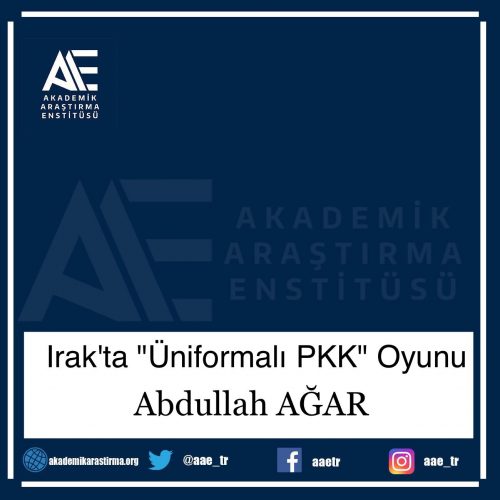
Irak’ta “Üniformalı PKK” Oyunu
4 Mart 2019